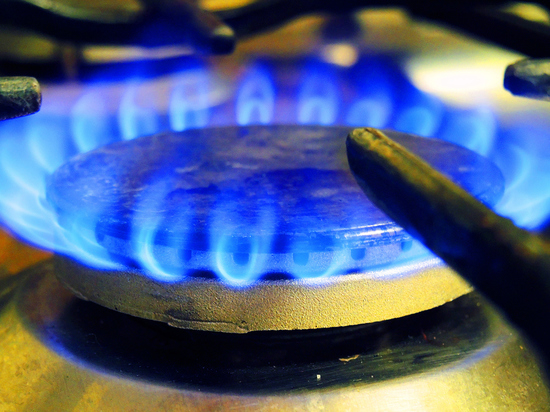Britain questioned the ability of the EU to limit the price of Russian gas
[ad_1]

Members of the European Union have not yet managed to come to a common denominator on the supply of energy resources
The European Union is unlikely to be able to limit the price of Russian gas, suggests the British edition of The Guardian, citing leaked documents. The draft EU regulation is said to include a contingency tax on “excess profits” by oil and gas companies.
According to a leaked document, EU leaders are refusing to impose a cap on Russian gas prices, but are pushing for windfall taxes on “surplus” profits from energy companies, writes The Guardian.
The draft regulation on an “emergency power tool” seen by The Guardian contains neither a ceiling on prices for Russian gas nor for imported gas after member states of the European Union failed to agree on limits last week. The EU is expected to levy windfall taxes on the high profits of fossil fuel companies, with a separate cap on the income of low-carbon electricity producers.
European Commission President Ursula von der Leyen is expected to release Europe’s plan to tackle rising electricity prices when she delivers her annual State of the Union speech on Wednesday, The Guardian notes.
The final text is still subject to change, but the draft shows the European Commission’s doubts about getting enough support from EU member states for its preferred option to limit Russian gas supplies in response to what it called the Kremlin’s use of supplies “as a weapon.”
EU member states that import large volumes of gas from Russia, including Hungary, Slovakia and Austria, have spoken out against restricting Russian gas supplies as they fear that Moscow will stop all gas supplies, plunging their countries into recession. As The Guardian recalls, Russian President Vladimir Putin has already threatened to stop energy exports to Europe if such a plan is agreed.
About a dozen European countries, including France and Poland, would like to put a price cap on all imported gas, which they see as the best way to keep prices down. The European Commission is not enthusiastic about this idea, as it fears that the EU will lose out to countries willing to pay more in the highly competitive market for liquefied natural gas.
The Netherlands and Denmark are wary of any price cap, while Germany fears that capping Russian gas prices will cause controversy.
Since the member states are divided, the European Commission, which is responsible for developing EU legal proposals, is taking steps to bring the 27-member club together. EU governments are largely in favor of capping the price of electricity from low-carbon sources such as renewables or nuclear and redistributing those funds to vulnerable households and businesses.
Oil and gas companies will face a separate windfall tax called the “solidarity contribution.” In a leaked document, the commission estimates a fivefold increase in the profits of oil, gas and coal companies in 2022. These “excessive” and “unexpected” profits are not the result of any economic or investment decisions, the European Commission says, but are the result of “unpredictable developments in the energy markets” in connection with the conflict in Ukraine. The text does not propose a rate of tax on windfall profits.
EU member states are also being asked to agree on a binding target to reduce electricity consumption during peak hours, although no number has been proposed.
Europe faced rising gas prices even before the conflict in Ukraine. Supply restrictions were exacerbated by a record-breaking dry summer in 2022, driving up demand for air conditioning and reducing hydropower from rivers and reservoirs. To make matters worse, half of France’s aging nuclear reactor fleet has been shut down due to safety concerns, changing the country’s traditional role as an exporter of electricity to its neighbors.
[ad_2]
Source link






